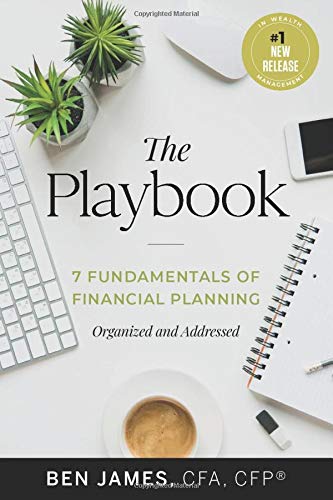
If you’re like many Americans, you may have New Year’s resolutions of improving your financial life. The beginning of a New Year is a great time to focus on your financial goals and objectives since life can change year to year and impact your finances. Another focus this time of year is on all of the statements that start to show up essential to financial planning. Here is a quick overview of the types of statements and how they impact financial planning:
1. Financial statements
Financial statements provide a quick look into your financial health to help you and your financial professional assess if you are on track with your financial plan. Financial statements from the companies you do business with, such as your 401(k) custodian, mortgage company, etc., are essential in financial planning. However, net worth statements and cash flow statements provide more detail about managing your finances.
- A net worth statement summarizes all of your assets and liabilities in one place. A net worth statement is a financial snapshot that shows your financial wealth at a given point in time and provides a useful summary of your financial affairs. Your net worth is the difference between your assets (what you own) minus your debts (what you owe).
It’s a good idea to update your net worth statement once a year and also easier to hold on to multiple multi-page statements. To complete a Net worth Statement, you need all of the financial information from the companies you do business with- 401(k), mortgage lender, and so on. Remember to shred the old statements if you choose not to save them.
- A cash flow statement is often thought of as a budget and outlines how much cash comes in, and cash goes out. Companies use cash flow statements to handle their accounts receivable and account payable, and a cash flow statement is equally beneficial to people as well. Use a cash flow statement to assess your spending month by month.
2. Tax statements
The first quarter of the year is when 1099’s, W2’s, and other tax documents arrive. These statements are significant for filing your 2021 taxes by April 18th, 2022. While these statements are for filing your taxes, they are also essential to financial planning. Likely your tax professional will ask you to provide information from these statements to prepare your taxes.
Financial professionals input tax statement data into financial planning software to have an overall earnings scenario. Tax statements are critical to future social security retirement benefits calculations and retirement income distribution projections.
3. Insurance statements
Insurance companies, unlike other types of financial institutions, tend to send out policy information on ‘renewal or policy anniversary’ dates rather than monthly, quarterly, or annually. Insurance helps protect the assets that you’ve worked hard to accumulate and is an essential part of financial planning- whether it is auto, home, health, or life insurance. Reviewing insurance statements and policy information provides valuable information since a lack of insurance is risky to your financial security.
Through assessment, your financial professional can quickly determine if you have enough coverage to deter premature liquidation of your assets to satisfy debts or provide for loved ones in your absence. Frankly, a financial plan without assessing insurance coverage is no financial plan at all.
As part of your 2022 Financial Playbook, our goal of focusing on statements is to help:
- Reduce clutter so you can focus on what’s important
- Make all of the critical pieces of statement information accessible so you can make great holistic decisions and have the details at your fingertips
- Have everything organized so if someone else in your life needs to find it, they don’t struggle and can keep your household running or efficiently distribute your household wealth if required.
Are you interested in using our 2022 Financial Playbook as a resource in your financial planning? Contact our office to find out more about this important resource to start planning for your financial future today.





